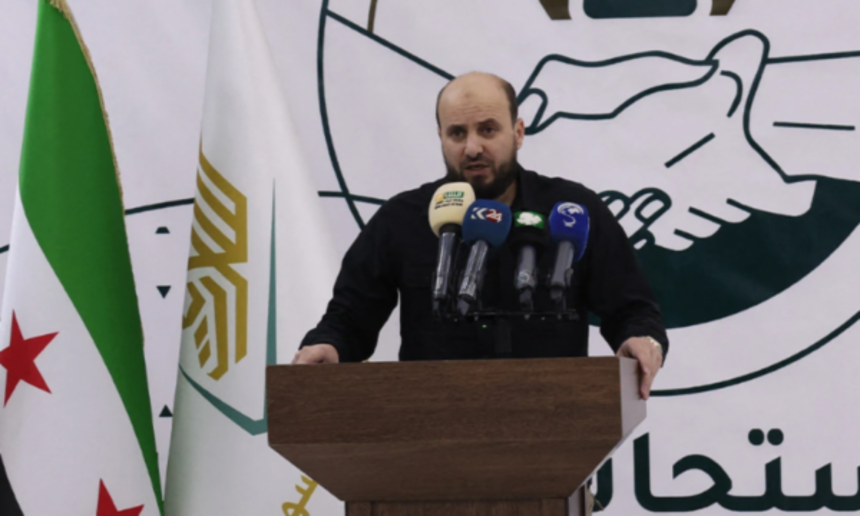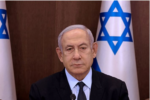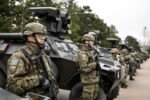Syria’s new Prime Minister, Mohamed al Bashir, who will temporarily lead the country until March 1, 2025, spoke to the media just hours after being entrusted with the important task of rebuilding the war-torn nation, which has endured a 14-year civil war.
A mechanical engineer from Idlib, Bashir acknowledged that his first two major objectives would be: first, to show the West that the rebels have no intention of creating a new Islamic State (ISIS); and second, to send a clear message to the millions of Syrians living abroad to return home.
Both goals are expected to be extremely difficult, but in Syria, there is widespread belief that Bashir is the man who can achieve them.
In his first statement after taking office, Prime Minister Bashir announced that he had met with members of the transitional government.
“We invited members from the former government and some directors from the administration in Idlib and surrounding areas to facilitate all necessary work in the next two months until we have a constitutional system to be able to serve the Syrian people,” Bashir told Al Jazeera.
“Today, we had further meetings to establish institutions that can serve our people in Syria,” he added, sending a message to the West when he stated that the rebels who toppled the regime are not like ISIS.
Bashir has an extensive and serious background in Hayat Tahrir al-Sham (HTS) in the crucial region of Idlib, considering the conditions and area in which he was raised. According to Russian and American sources, Bashir has been the person speaking to both sides for several years, and since 2020, he has had direct access to the heart of the rebels.
For the West, it is clear that while Bashir serves as a transitional prime minister, he will not hold this position for long. However, the phrase “nothing is permanent” does not apply in the Middle East in general, and Syria in particular.
There have been no public disagreements or open opposition from Russia, the U.S., or other major powers like the U.K., France, Israel, or Turkey. Bashir seems to be the unspoken choice that enjoys informal approval from all sides. While he has stated that he will lead the country until March and draft the new constitution, his role remains crucial for Syria’s future and the broader region.
The pressing issues for Syria primarily concern the humanitarian crisis and amnesty, but it is unlikely these will be resolved in the short term. On the other hand, with his contacts in both the U.S. and Russia, Bashir is poised to play a key role in shaping the region’s future over the next several decades.







